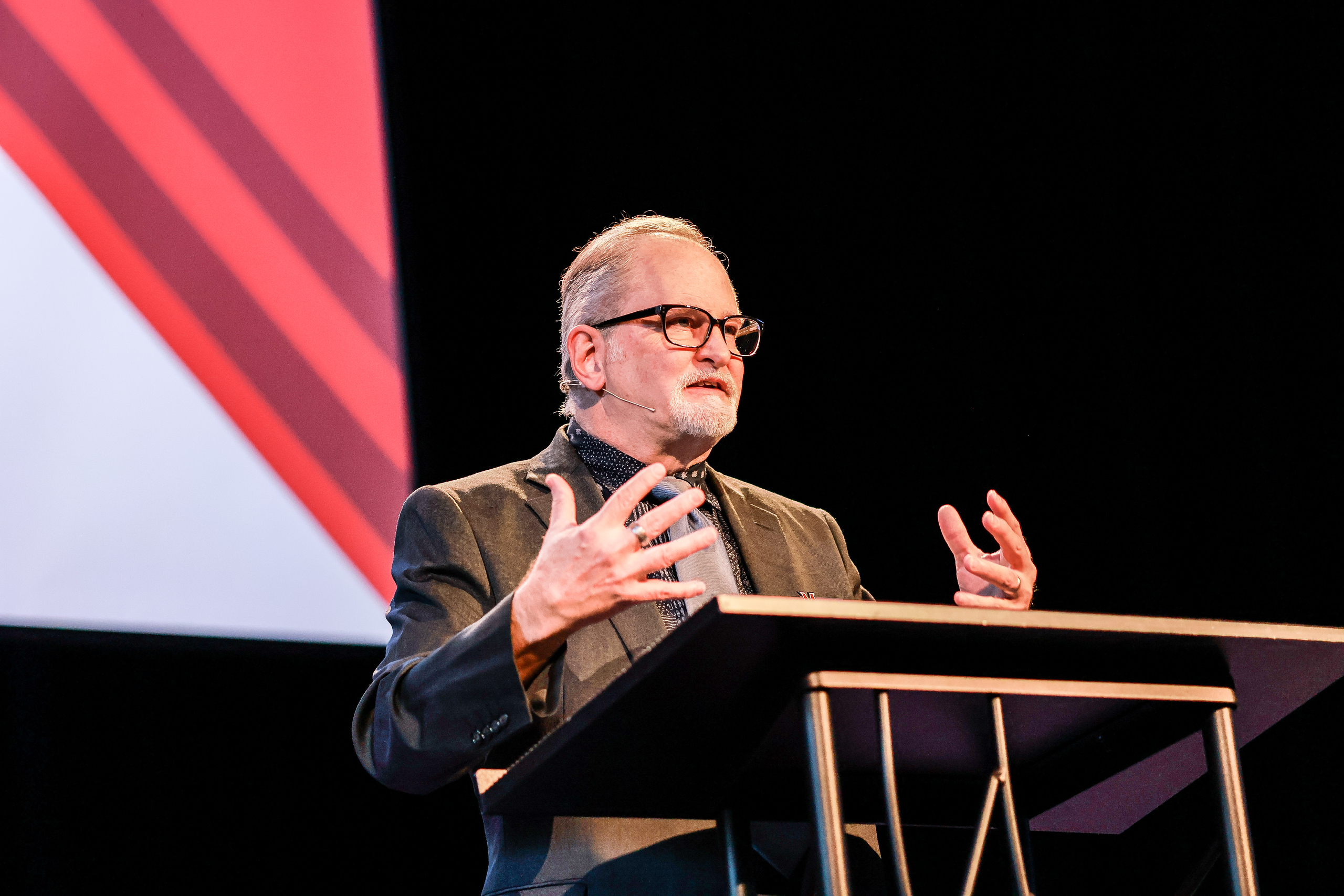
MASTER OF MINISTRY
Mid-America Christian University’s Master of Ministry program is designed for pastors, lay leaders, and individuals committed to serving others through Christian ministry. The curriculum establishes a strong theological foundation in biblical exegesis, spiritual formation, and church history, while also exploring contemporary leadership, strategic planning, and evangelism techniques that can be immediately applied in various ministry contexts. Required practicums provide students with opportunities to apply their newfound knowledge within church settings, enhancing their practical ministry skills.

EXPLORE THE Master of Ministry
To tailor the degree to individual callings, the program offers optional emphases in Leadership, Pastoral and Crisis Care, and Pastoral Studies. This flexibility allows students to focus on areas most relevant to their ministry goals. This program may be taken 100% online or through weekly classes in the evening, accommodating the diverse schedules of working students. Graduates are equipped to effectively mentor, preach, evangelize, disciple, teach, and serve as administrators within local churches, para-church organizations, or other church-related ministries, as they train and encourage others in Christian service.
Program Options
- Choose from 100% online courses or take a class one night a week on campus
- Follow your calling with an emphasis in Leadership, Pastoral and Crisis Care, or Pastoral Studies
Careers
- Senior Pastor
- Associate Pastor
- Youth Pastor
- Children’s Ministry Director
- Church Administrator
- Missionary
- Chaplain
- Christian Educator
- Nonprofit Organization Leader
- Pastoral Counselor
- Worship Leader
- Community Outreach Coordinator
- Bible Study Leader
- Evangelist
- Church Planting Coordinator
THE PLACE TO BE
Mid-America Christian University is more than a campus—it’s a community where purpose and passion collide. Nestled in Oklahoma City, MACU offers a Christ-centered education that goes beyond the classroom, empowering students to grow academically, spiritually, and professionally.
With small class sizes, personalized attention, and innovative degree programs designed for real-world impact, MACU is the place where dreams take root and thrive. Whether you’re engaging in vibrant campus life or pursuing a flexible online program, you’ll find a supportive environment dedicated to helping you discover your calling and make a difference in the world. At MACU, you’re not just earning a degree—you’re shaping your future.
Meet our Ministry Faculty
Ready to Get Started?
Ready to take the next step toward your future at MACU? Start your journey today by applying online or scheduling a campus visit to experience our welcoming community firsthand. Whether you’re exploring programs or ready to enroll, we’re here to help you every step of the way. Your path to purpose starts now!



